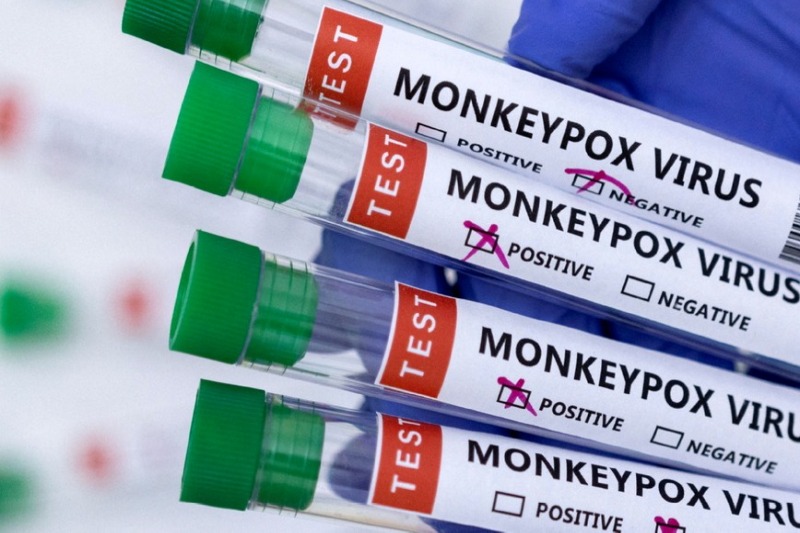
WHO reports 18,000 monkeypox cases worldwide, majority in Europe
The World Health Organization said on Wednesday that there have been more than 18,000 cases of monkeypox recorded internationally from 78 different countries, with the majority of those cases occurring in Europe (Jul 27).
On Saturday, the World Health Organization (WHO) classified the epidemic as a global health emergency.
According to the World Health Organization (WHO), as of this moment, 98 percent of instances that have been documented outside of the nations in Africa where the virus is widespread have been in men who have intercourse with other men.
The Director-General of the WHO, Dr. Tedros Adhanom Ghebreyesus, asked that group to consider exchanging contact information with any new sexual partners and cutting down on the number of new sexual partners.
“This is an epidemic that can be brought under control… The most effective method for accomplishing this is to lessen the chances of being exposed ,” Tedros made these remarks during a news conference held in Geneva. This requires you to make decisions that are healthy for both you and those around you.
According to Mike Ryan, the director of emergency operations for the WHO, the moniker “monkeypox” is currently being changed in order to prevent it from being “weaponized” or utilized in a racist manner.
Related Posts
The UN agency is proposing immunization for high-risk groups, such as healthcare workers and males who have sex with men who have several sexual partners. Other high-risk categories include men who have intercourse with women who have had multiple sexual partners.
It was stressed that patients should take further care until the time when they are totally protected by the vaccination, which takes several weeks after the second dose of the vaccine has been administered.
According to the WHO, approximately 10% of patients have been admitted to hospitals during this outbreak, and there have been 5 fatalities, all of which have occurred in Africa.
Since the 1970s, monkeypox has been an internationally ignored public health issue in certain regions of Africa. However, in May, instances of the disease were recorded outside of the nations in which it is endemic for the first time.
In most cases, it results in mild to moderate symptoms, such as fever, exhaustion, and painful skin lesions that go away within a few weeks.
Tedros reported that there were around 16 million doses of an authorized vaccine available, but they were only in bulk form; hence, it would take several months to get them packaged into vials.
He went on to say that the WHO is pushing nations who have stocks of vaccine to share it while there is a shortage of supplies. According to their calculations, there will be a requirement for between 5 million and 10 million doses of vaccine to protect all high-risk categories.




